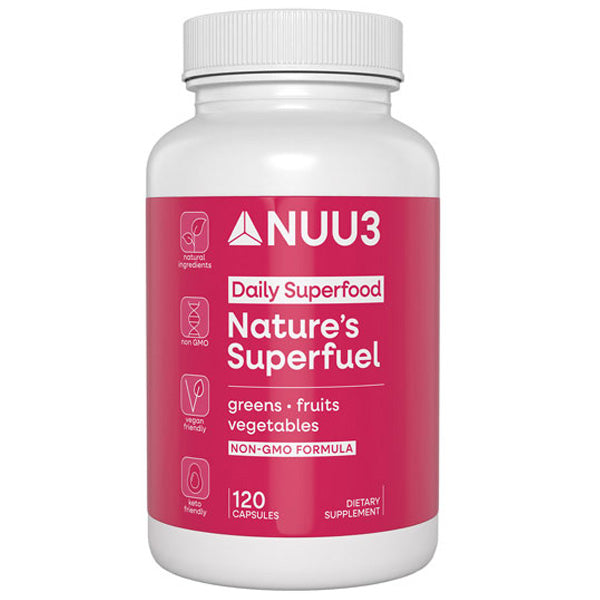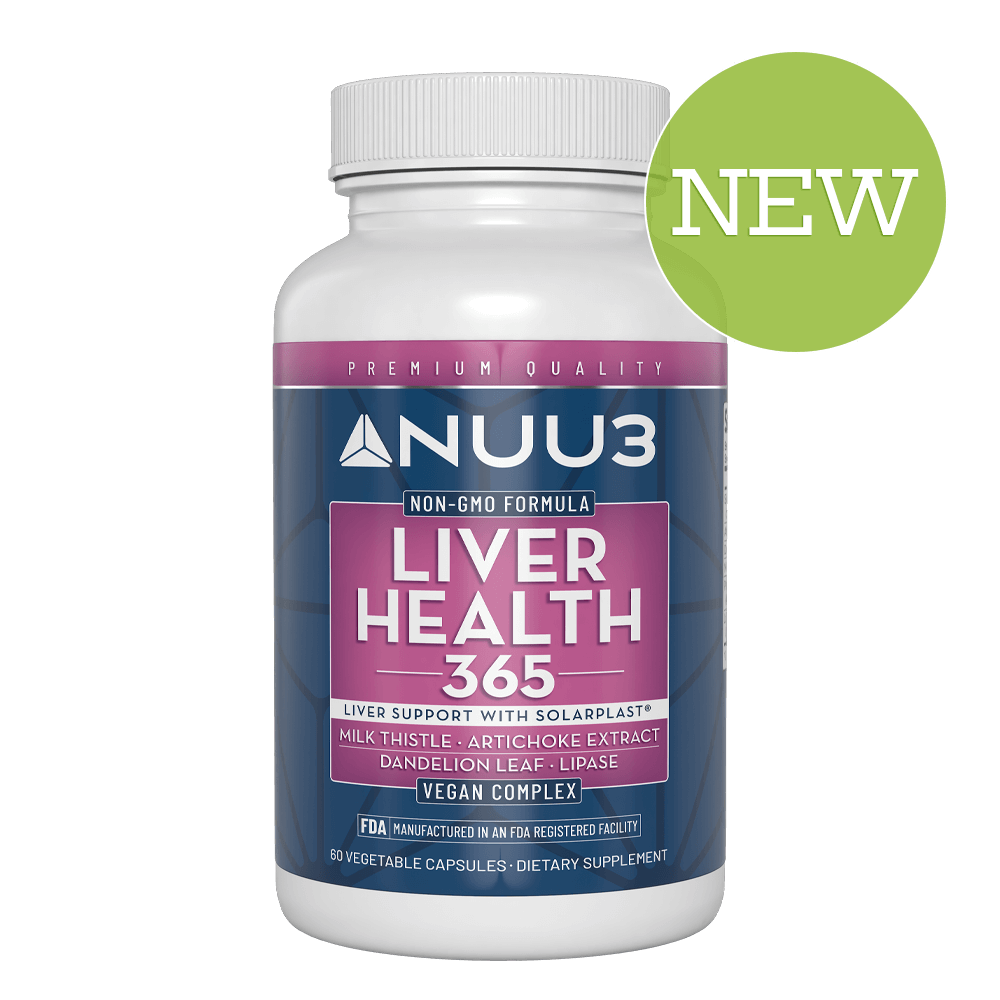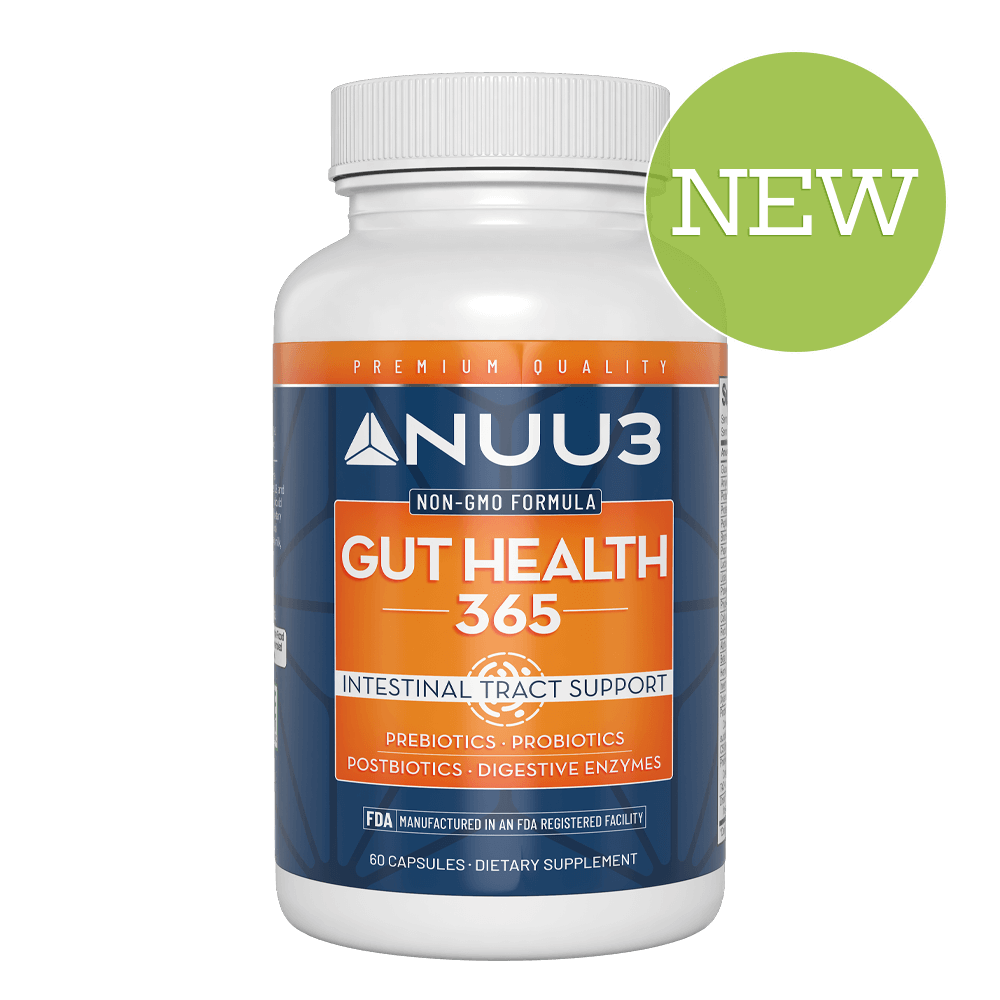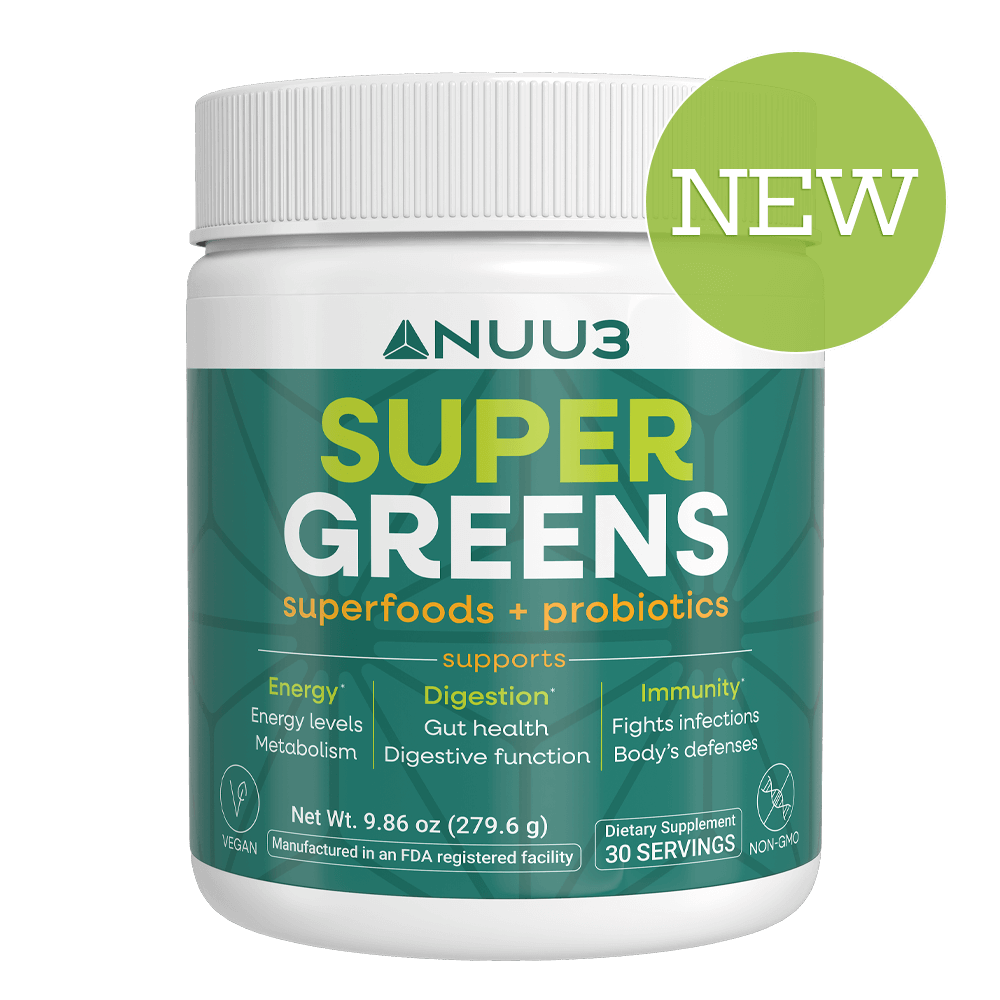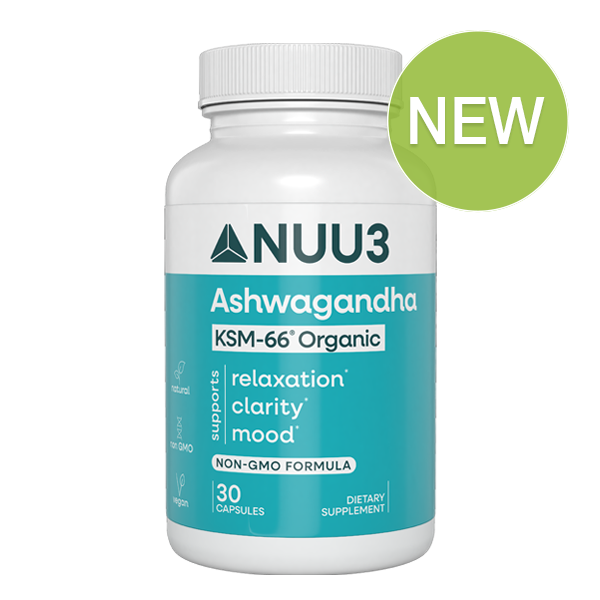How Does Collagen Help Hair Growth?
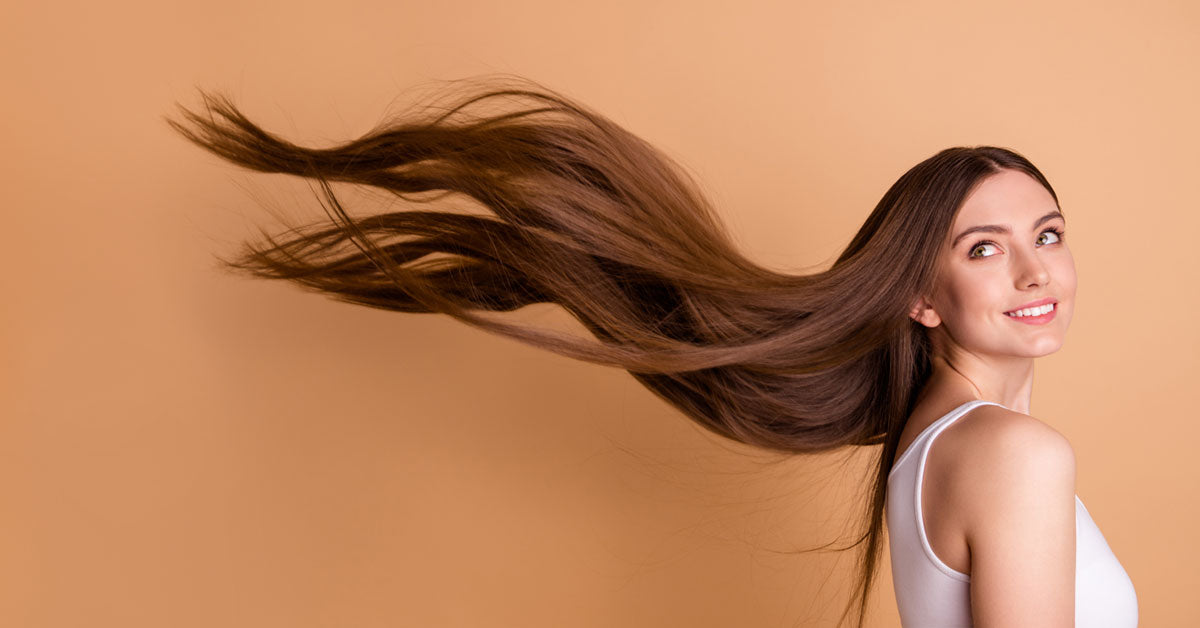
Changing your hairstyle even a little can completely transform your appearance, and this versatility is one of the reasons many of us love our hair. However, over time, it may begin to show signs of damage and aging. Graying, for example, naturally occurs with age. In addition, issues like split ends, hair breakage, and dryness can have a significant impact on hair health and appearance.
In addition, many people experience hair loss over the years and want a natural solution to reverse the problem. One option is to take collagen for hair growth, but is it effective? In this article, we’ll discuss the benefits of collagen for hair growth and health.
How Effectively Does Collagen Help Hair Growth?
Before we discuss whether collagen for hair growth is effective, we have to define what it is.
Collagen is a protein [1] that is naturally present in your body, and it’s an essential building block for the connective tissue. Here’s an interesting fact: collagen is the body’s most abundant protein [2], making up about 30% of the total.
There is collagen in the skin, bones, ligaments, and muscles, and researchers have even discovered this protein in the lining of the intestines, inside blood vessels, and in other organs.
The fact that collagen enhances skin health makes it a good choice for the hair, too. Remember that your scalp is made of skin, and underneath it are the hair follicles. However, it’s important to understand that research about the efficacy of collagen for hair growth is still somewhat limited.
The Role of Collagen in Hair Growth
You may be asking yourself, “Is collagen good for hair?” - And the answer is yes. However, it’s important to understand how exactly it helps, and there are a couple of ways collagen can be beneficial.
First, collagen is important for strengthening the skin on your scalp, which reduces the risk of damage to the hair. It’s also a powerful antioxidant that kills free radicals known to harm hair follicles. These same free radicals can also attack the cells responsible for hair color, contributing to graying, so a collagen boost may help reverse this process.
Eliminating free radicals can decrease damage to the follicles, hair strands, and other cells that play a role in hair health. As a result, this may help your hair grow faster and look healthier.
Collagen vs. Biotin: What’s the Difference?
Now that we’ve answered the important question, “Does collagen help hair growth?” it’s time to take a close look at biotin, and the reason for this is simple. Ask any expert which supplements are best for hair health, and chances are, they will recommend either collagen or biotin.
As we’ve discussed, collagen is a protein that forms part of your connective tissue. Biotin, on the other hand, is a vitamin. It’s important to note that your body doesn’t make biotin on its own, you have to derive it from external sources like food or supplements like NUU3 Hair, Skin & Nail Gummies.
How Long does it take For Collagen to Promote Hair Growth?
There isn’t a fixed timeline, as several factors impact collagen and hair growth. However, most individuals notice a slightly visible improvement in about four weeks. You should allow at least 12 weeks before deciding whether collagen works for you as a hair growth supplement.
When you begin to see initial results, it’s not a sign that you should stop the treatment. Continue taking the supplement, because the impact builds over time as your collagen levels are replenished. It’s generally safe to take other natural supplements like NUU3 Nature’s Superfuel along with collagen peptides.
Ideal Daily Collagen Intake for Hair Growth
Since research is still somewhat limited on the subject, no set recommended collagen intake for optimal hair growth is recommended. However, there have been some guidelines established, which can help you decide how much collagen for hair growth you require.
Start with the lowest recommended dose, 2.5 grams of collagen daily. It may take some experimenting to determine the best dosage for you but do not exceed 15 grams of collagen peptides in 24 hours. If you start with a low amount of collagen for hair, you can gradually increase your daily dosage to see how it affects you.
Benefits of Collagen for Hair
There are several different benefits of collagen for hair growth, overall health, and anti-aging, which we will consider in this section. The key advantages include:
- Slows Hair Loss: Does collagen help hair? First, it may help slow hair loss due to the antioxidant activity of collagen, which prevents free radicals from damaging the hair follicles. The resulting reduction in oxidative stress reduces your risk of hair loss.
-
Decreases Gray Hair: There are specific cells in the hair follicles responsible for color, and free radicals can also damage them. The antioxidant properties in collagen for hair help your body fight off these invaders.
-
Reduces Split Ends and Breakage: While collagen doesn’t form a building block for hair strands, it can help to keep your hair follicles and scalp healthy. In turn, this can improve the overall health of your hair, reducing issues like breakage and split ends.
-
Provides Antioxidant Support: As we noted, collagen offers antioxidant support, and this activity involves more than just your hair follicles. Antioxidants help to prevent free radical damage to your skin, scalp, and other bodily tissue.
-
Improves Overall Hair Health and Appearance: The collective effects of collagen supplementation should improve your hair’s health and appearance over time. There should be less breakage and shedding, and fewer gray hairs.
-
Promotes Hair Growth: Hair sprouts from the hair follicles in your scalp, so when they are damaged it can negatively impact growth. Taking collagen for hair growth could be the ideal solution, mainly because of how this protein works. Remember the antioxidant activity? It helps promote hair growth by preventing damage to hair and follicles.
Tips and Strategies for Hair Growth
There are several strategies that you can implement to get the most out of taking collagen supplements. By now, you know the answer to the question, “Does collagen help hair grow?” However, how effectively you take care of your body and hairs are key factors impacting how well the supplements will work.
This is where proper nutrition is important, as a healthy, well-balanced diet can go a long way towards giving your body, including your hair and follicles, the nutrients they need to remain healthy.
If you sleep poorly consistently, stress will have a more powerful impact on your body, and may lead to inflammation that can damage your scalp and hair follicles. One study[3] concluded that inadequate sleep can produce more free radicals, and you already know the impact they can have.
Taking a supplement like NUU3 Keep Calm Gummies can help you feel calmer at night, making it easier to fall and stay asleep. They are accommodating if stress and anxiety are disrupting your sleep quality.
FAQs
Do I need both biotin and collagen?
Yes, you need both biotin and collagen, because these nutrients play a key role in supporting hair health and growth. In addition, they keep your nails strong and your skin youthful.
What’s the difference between collagen and keratin?
Both collagen and keratin are proteins, but they differ in that keratin is most central to the hair and nails, while collagen also plays a role in the structure of the body’s connective tissue.
Is collagen good for aging hair?
Yes, collagen is good for aging hair because its antioxidant properties reduce damage to the cells responsible for hair color. For this reason, taking collagen may slow graying.
Key Takeaways
Whether you’re struggling with hair loss or starting to notice gray strands, collagen is a supplement that might be useful to you. This protein is essential for the connective tissue but also plays a key role in hair health. Combine a collagen supplement with biotin to maximize the hair growth and health benefits you experience.
References
1] ↑https://my.clevelandclinic.org/health/articles/23089-collagen
2] ↑https://www.ncbi.nlm.nih.gov/books/NBK542226
3] ↑https://www.ncbi.nlm.nih.gov/pmc/articles/PMC4117056



